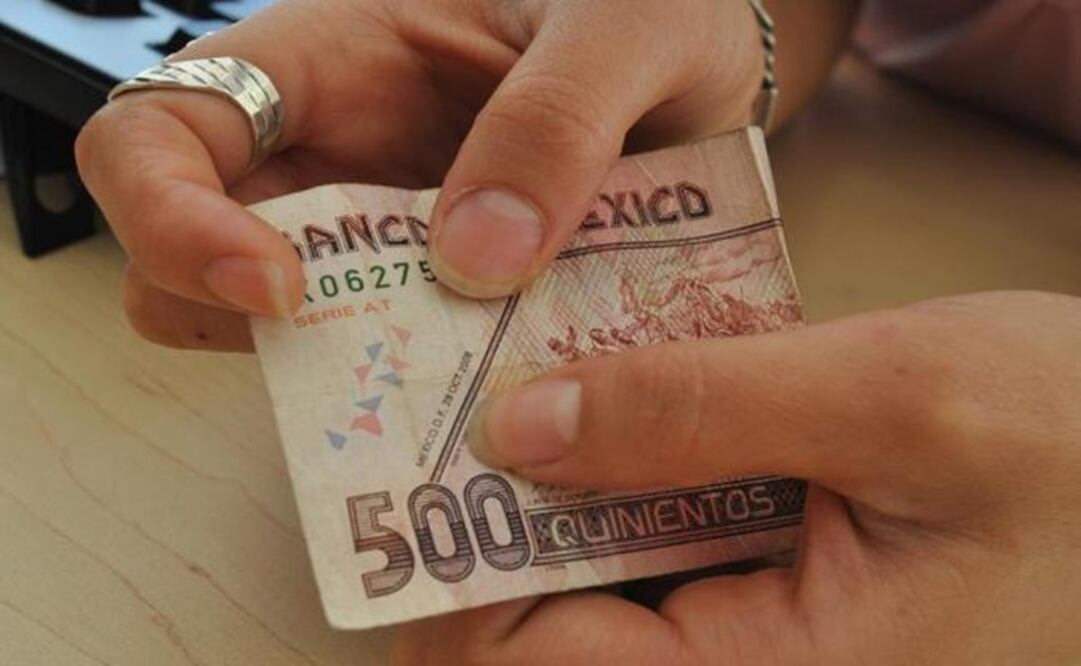Más Información

Anticorrupción pide denuncias formales tras señalamientos de Julio Scherer Ibarra; “la narrativa no es suficiente”, advierte

Grecia Quiroz presenta denuncia contra Leonel Godoy, Raúl Morón e Ignacio Campos; los acusa de participar en asesinato de Carlos Manzo
The United States will pressure Mexico during the North American Free Trade Agreement (NAFTA) re-negotiation talks to increase the wages of Mexican workers, in order to reduce competitiveness in America and protect American jobs, Bloomberg reports.
The American agency of financial information stated in an article this Monday that Mexican workers make a quarter of what American workers earn , and that contributing to this gap reduction would deter American companies from transferring their production to Mexico.
“Closing that gap might convince American firms to stay, which is why U.S. negotiatiors will push for higher wages and better conditions for Mexican workers,” the article adds.
It highlights that Mexican wages are the lowest among the world’s more developed nations , which is why a labor reform in the country is a target aligned with the goal of President Donald Trump of improving NAFTA for American workers.
Mexico has said their low production costs have competitive benefits for all North America.
Bloomberg points out NAFTA – which will be revised next week – originally included provisions to protect worker's rights, yet these were never oficially incorporated into the agreement.
On this matter, Trump said last month that an inclusion of labor provisions into the core of the treaty was a priority.
Mexico has already agreed to some labor reforms as a part of the Trans-Pacific Partnership (TPP) , from which the US withdrew. Commerce Secretary Wilbur Ross said the TPP is a good starting point for the NAFTA talks.
Bloomberg adds this pressure on Mexico can also come from the Canadian Prime Minister, Justin Trudeau , who promotes a “progressive” free trade.
Francisco de Rosenzweig, main negotiator of the TPP in Mexico, said the country will reject any American attempt to legislate wage levels of Mexican workers.
However, other analysts consider that while the approach of the US might cause some tension, it could improve the treaty, removing the fear of countries competing to offer the worst working conditions in order attract investments.
“This is a good opportunity for the three countries to improve NAFTA,” said Hugo Perezcano Díaz, former Mexican negotiator and current Deputy Director of the Center for International Governance.
am
Noticias según tus intereses
[Publicidad]
[Publicidad]












